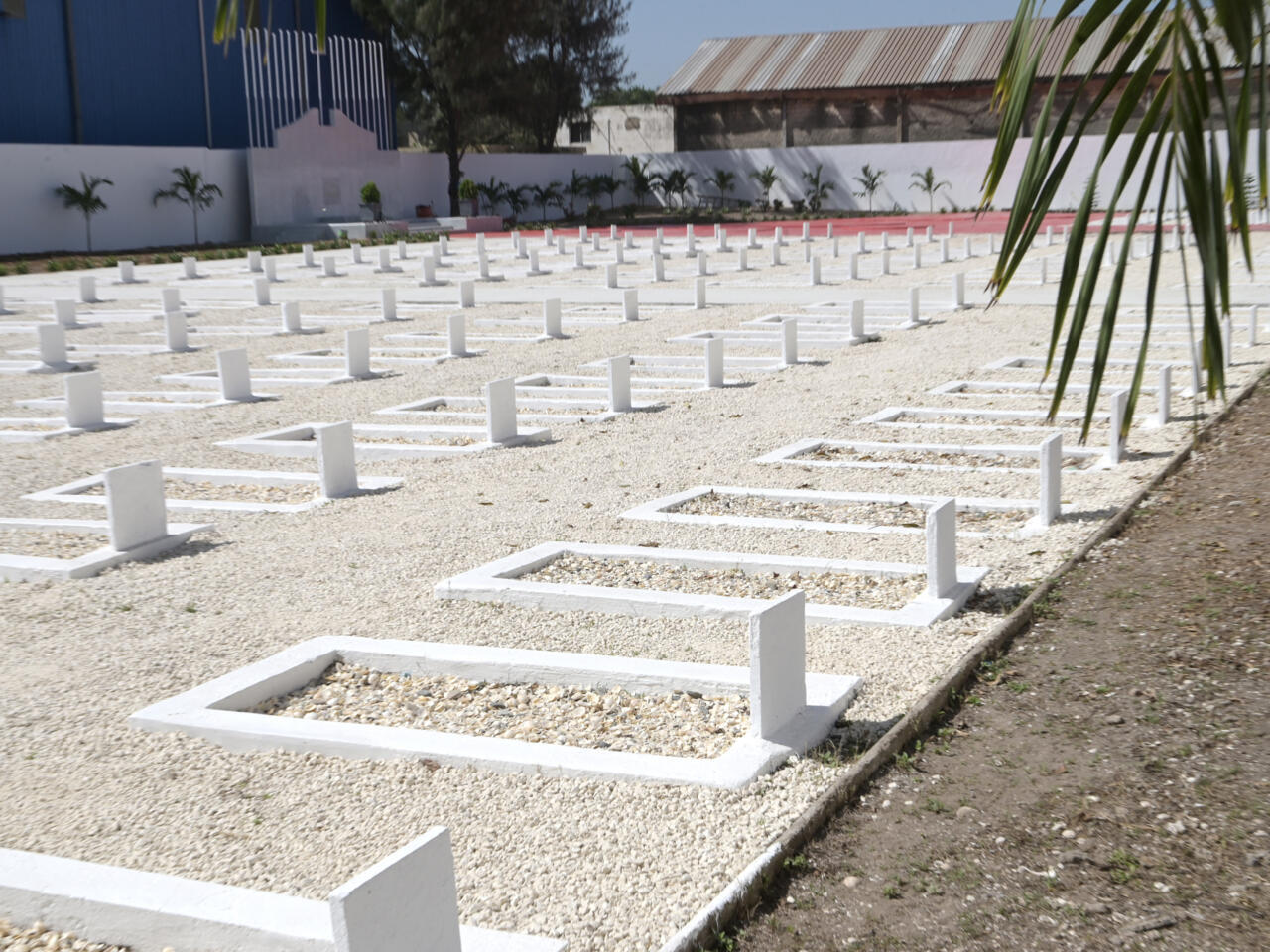Macron acknowledges 1944 Thiaroye massacre in landmark letter to Senegal

French President Emmanuel Macron has formally acknowledged the 1944 massacre of Senegalese soldiers by French colonial forces in Thiaroye, near Dakar.
In a letter addressed to Senegalese President Bassirou Diomaye Faye on November 28, Macron described the event as a “massacre,” marking a significant step in addressing a painful chapter of colonial history.
“I received today a letter from President Emmanuel Macron in which he clearly and unequivocally recognizes that it was a massacre,” President Faye told AFP during an interview at the Presidential Palace in Dakar.
The recognition comes ahead of the 80th anniversary of the tragic event, to be commemorated on December 1, 2024.
Macron, citing scheduling conflicts, expressed his regret for not being able to attend the ceremony in person but used the opportunity to address the historical injustice.
In the letter, Macron wrote: “France must acknowledge that on that day, the confrontation between soldiers and tirailleurs demanding full payment of their rightful salaries led to a chain of events culminating in a massacre.”
A Turning Point in Franco-Senegalese Relations
President Faye praised Macron’s acknowledgment as a “significant step,” hinting that it could pave the way for a formal apology from France.
“Recognizing that a massacre occurred naturally implies a need for reparations.
While we do not seek to escalate the issue, we believe it is a logical next step,” he said.
The massacre at Thiaroye occurred on December 1, 1944, when over 1,600 tirailleurs, African soldiers who had fought for France during World War II, were stationed at a camp near Dakar.
They were demanding overdue salaries, bonuses, and combat allowances when colonial forces opened fire.
While official French records admitted to 35 deaths, historians estimate the death toll to be much higher, potentially numbering in the hundreds.
The acknowledgment of this dark episode adds to a growing list of gestures by Macron aimed at reconciling with France’s colonial past.
As Senegal prepares to honor the memory of those who perished, the recognition is being seen as a critical step toward healing and historical accountability.
About The Author
dailymailafric
I am an avid African news observer, and an active member of Daily Mail Africa.
I’m Passionate about staying informed on diverse topics across the continent,
I actively contribute to publishing on political, economic and cultural developments in Africa.



